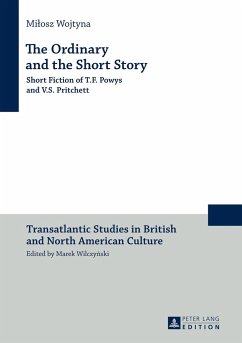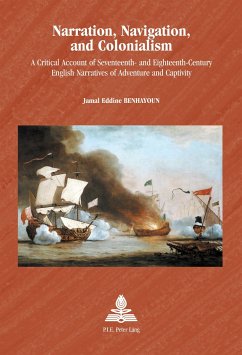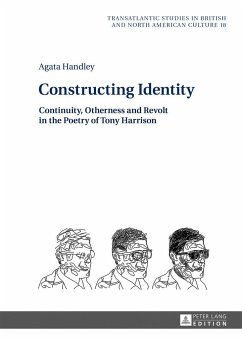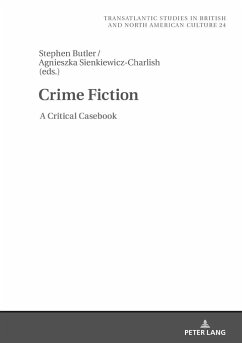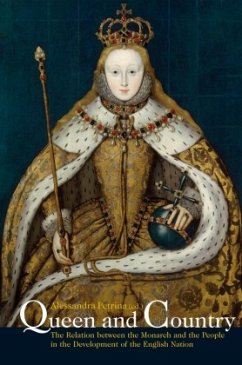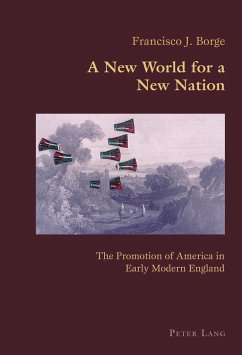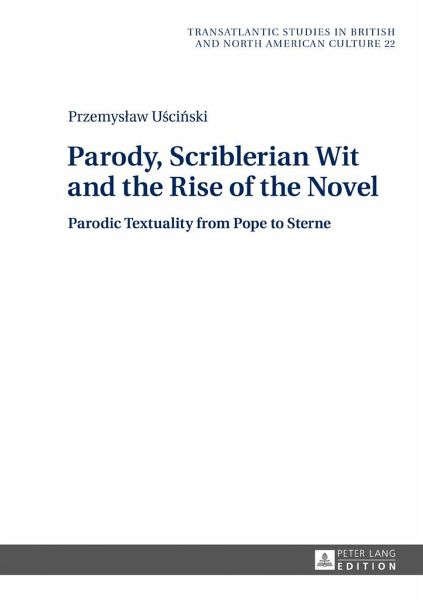
Parody, Scriblerian Wit and the Rise of the Novel
Parodic Textuality from Pope to Sterne
Versandkostenfrei!
Versandfertig in 6-10 Tagen
80,20 €
inkl. MwSt.

PAYBACK Punkte
0 °P sammeln!
Parody was a crucial technique for the satirists and novelists associated with the Scriblerus Club. The great eighteenth-century wits (Alexander Pope, John Gay, Henry Fielding, Laurence Sterne) often explored the limits of the ugly, the droll, the grotesque and the insane by mocking, distorting and deconstructing multiple discourses, genres, modes and methods of representation. This book traces the continuity and difference in parodic textuality from Pope to Sterne. It focuses on polyphony, intertextuality and deconstruction in parodic genres and examines the uses of parody in such texts as «...
Parody was a crucial technique for the satirists and novelists associated with the Scriblerus Club. The great eighteenth-century wits (Alexander Pope, John Gay, Henry Fielding, Laurence Sterne) often explored the limits of the ugly, the droll, the grotesque and the insane by mocking, distorting and deconstructing multiple discourses, genres, modes and methods of representation. This book traces the continuity and difference in parodic textuality from Pope to Sterne. It focuses on polyphony, intertextuality and deconstruction in parodic genres and examines the uses of parody in such texts as «The Beggar's Opera», «The Dunciad», «Joseph Andrews» and «Tristram Shandy». The book demonstrates how parody helped the modern novel to emerge as a critical and artistically self-conscious form.






